Farmed salmon are different at DNA level than wild salmon in hundreds of ways
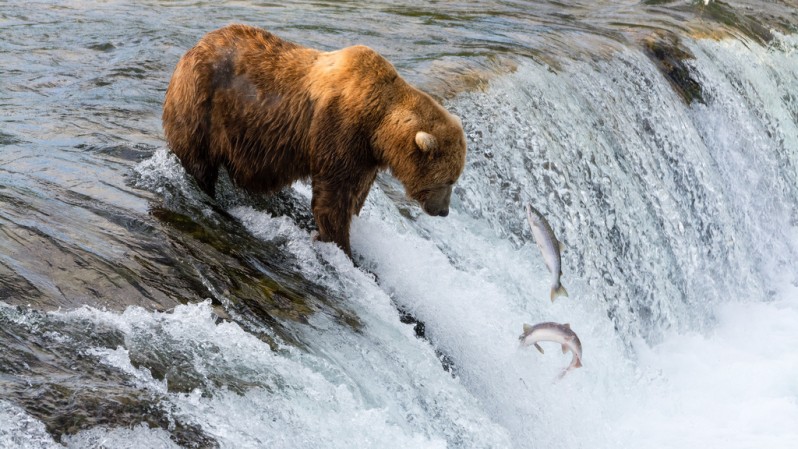
A new study offers genetic evidence that wild and hatchery fish are different at the DNA level, and that they can become different with surprising speed. After only one generation of hatchery culture, the offspring of wild fish and first-generation hatchery fish differed in the activity of more than 700 genes.
Overfishing is as big a threat to humanity as it is to our oceans
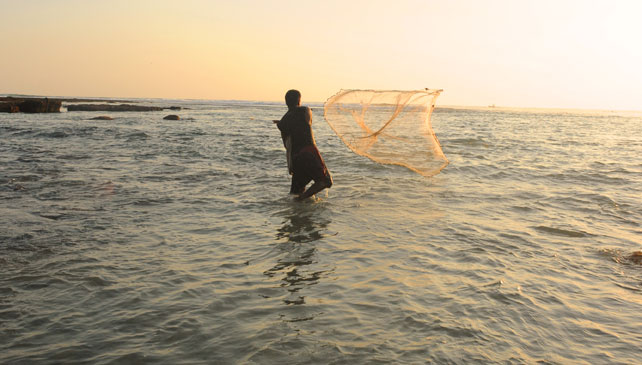
There has never been a more urgent time for seafood businesses and fishing nations to make a commitment to sustainability. The world’s oceans are in trouble, with marine life plummeting and the people who are dependent on the sea for income and food left increasingly vulnerable.
Ocean species mix as sea ice melts, with unknown consequences
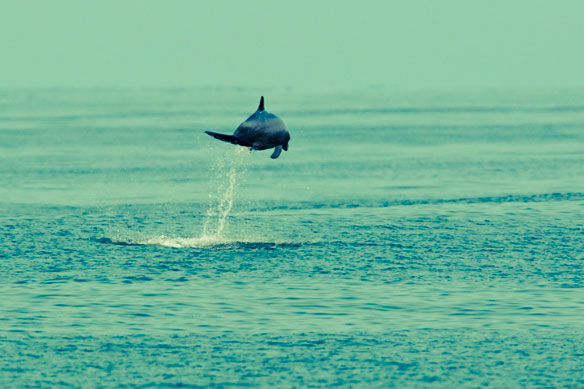
Melting Arctic ice is opening up new passage ways for birds and marine species traveling to uncharted waters. A marine biologist with the Smithsonian Institution’s National Museum of Natural History, and his colleagues compiled a list of the marine birds and mammals that have been spotted in the wrong ocean.
30 percent of global fish catch is unreported, study finds
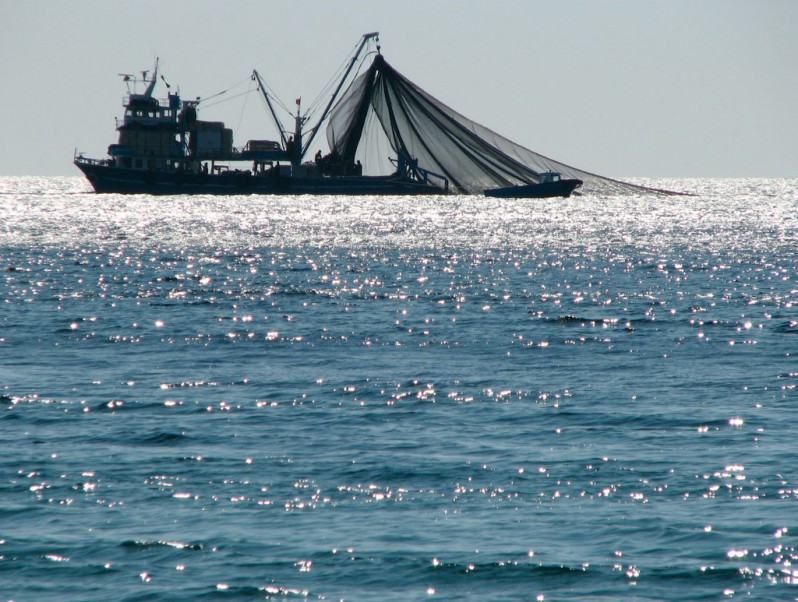
Countries drastically underreport the number of fish caught worldwide, according to a new study, and the numbers obscure a significant decline in the total catch.
NOAA-led research identifies areas of global ocean most vulnerable to ocean acidification
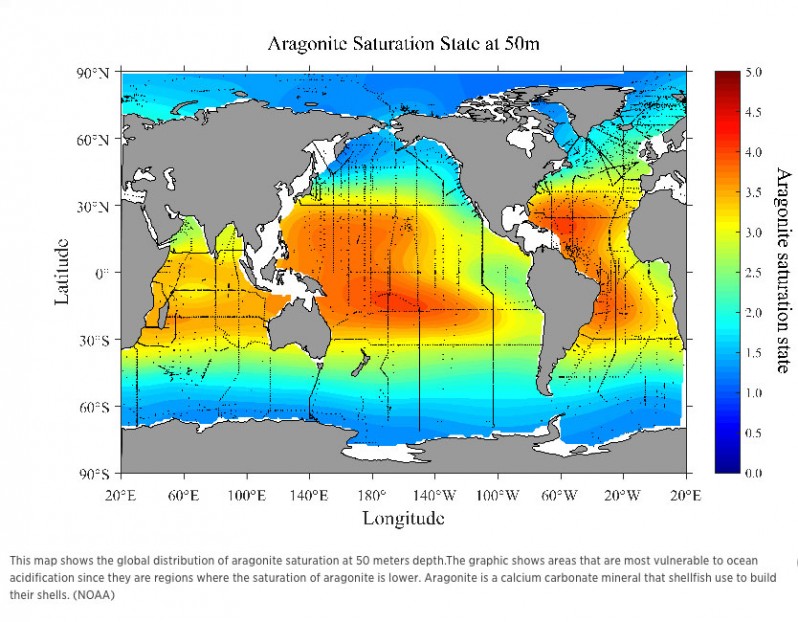
Ocean acidification is caused by humankind’s release of carbon dioxide emissions to the atmosphere. Excess carbon dioxide enters the ocean, reacts with water, decreases ocean pH and lowers carbonate ion concentrations, making waters more corrosive to marine species
Ocean current in Gulf of Mexico linked to red tide, study
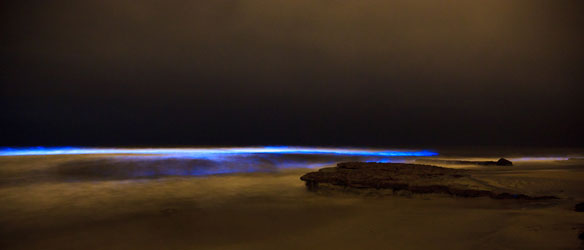
A major ocean current in the Gulf of Mexico plays an important role in sustaining Florida red tide blooms, a new study indicates. Researchers suggest that the position of the Loop Current can serve as an indicator of whether the algal bloom will be sustained, and provide warning of possible hazardous red tide conditions in coastal areas.
Spread of algal toxin through marine food web broke records in 2015
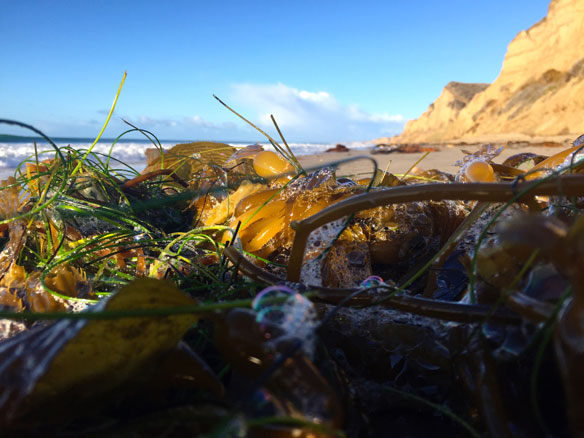
While Dungeness crab captured headlines, record levels of the neurotoxin domoic acid were found in a range of species, and the toxin showed up in new places.
Human impact has pushed Earth into the Anthropocene, scientists say
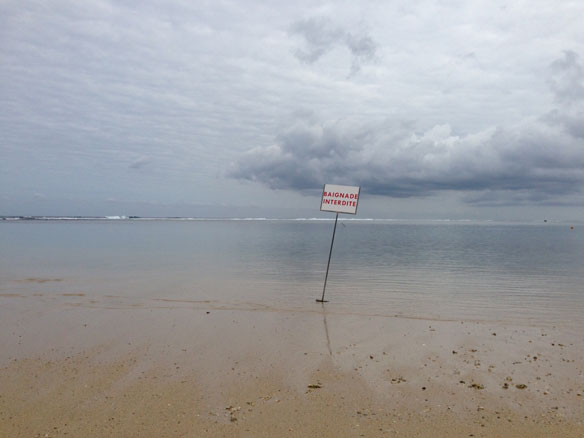
There is now compelling evidence to show that humanity’s impact on the Earth’s atmosphere, oceans and wildlife has pushed the world into a new geological epoch, an “Anthropocene” – ending the current Holocene which began around 12,000 years ago.
A Marine Ecologist Strives to Protect the Seas
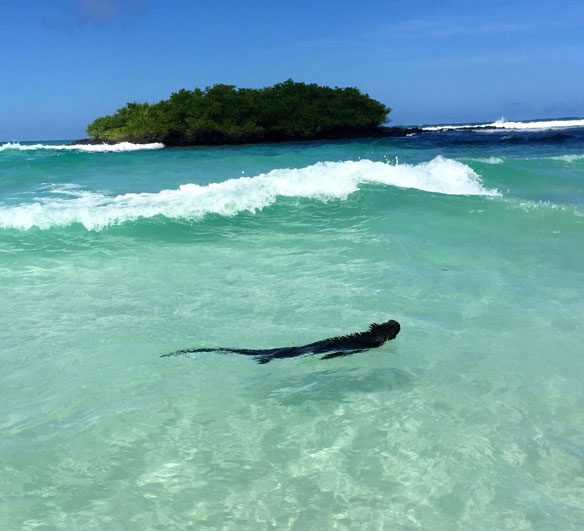
Only 1 percent of the ocean is currently protected, marine scientists say, and the rest is being disrupted by overfishing, pollution, climate change and species extinctions. Dr. Sala said he felt the need to take action.
